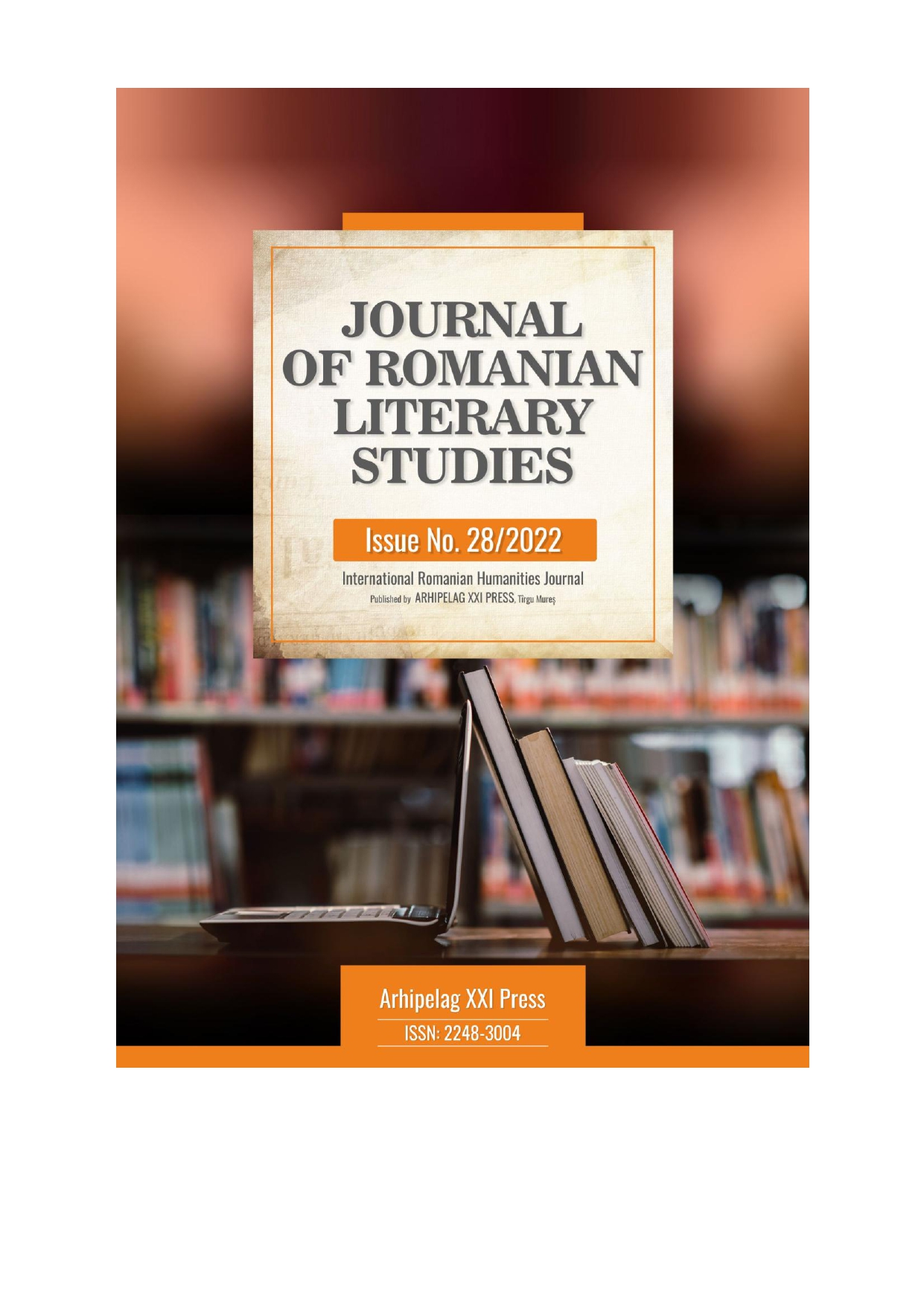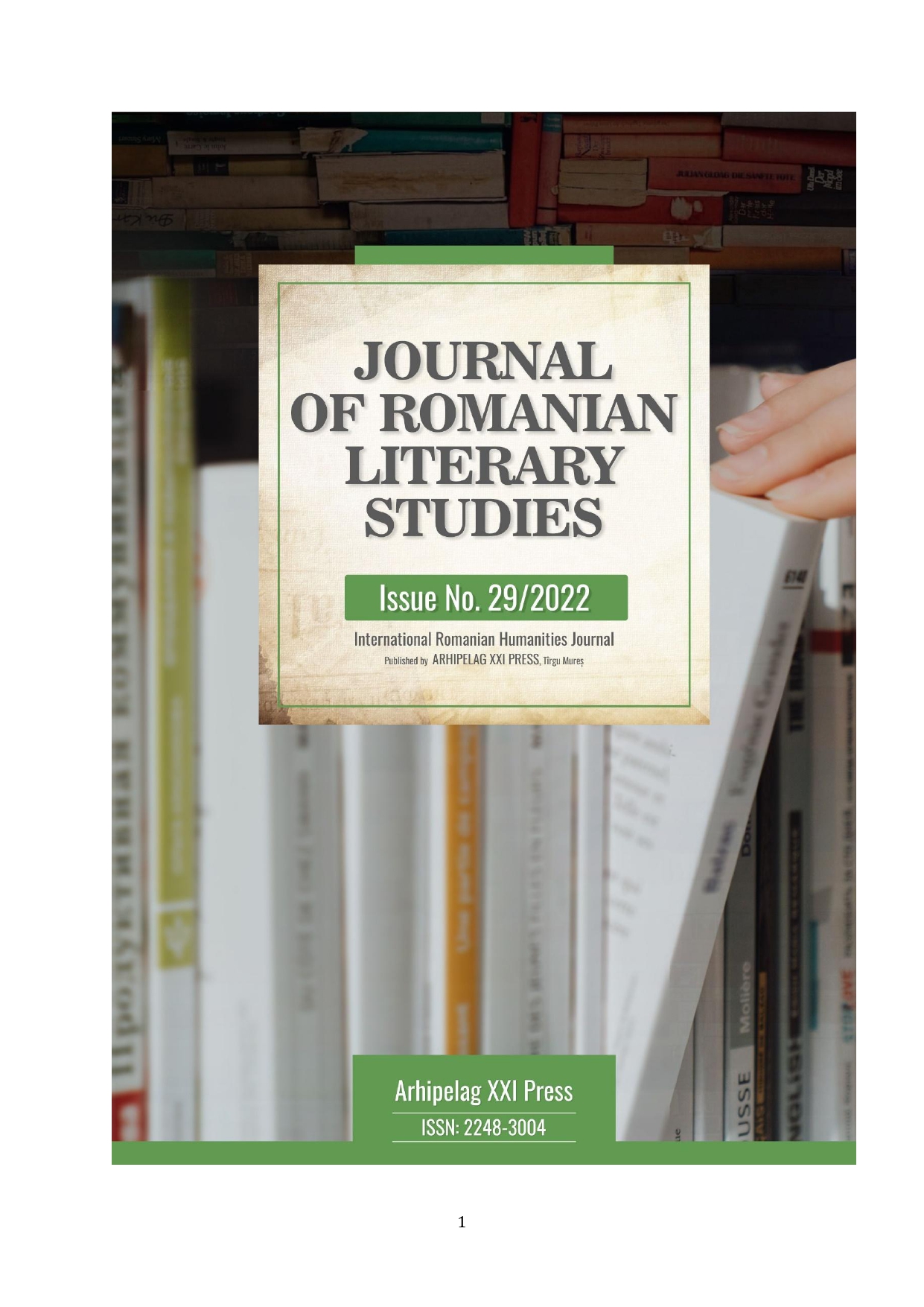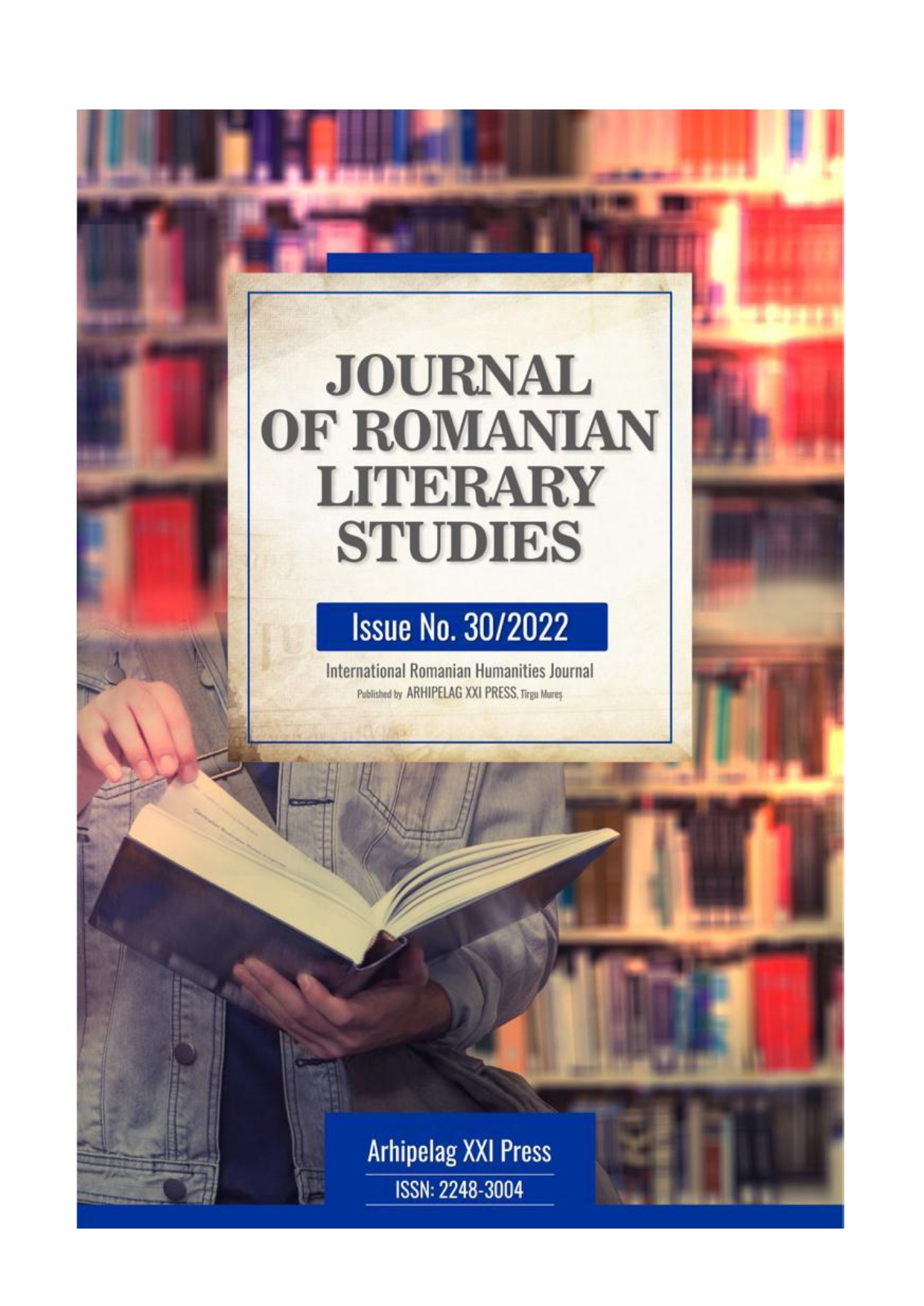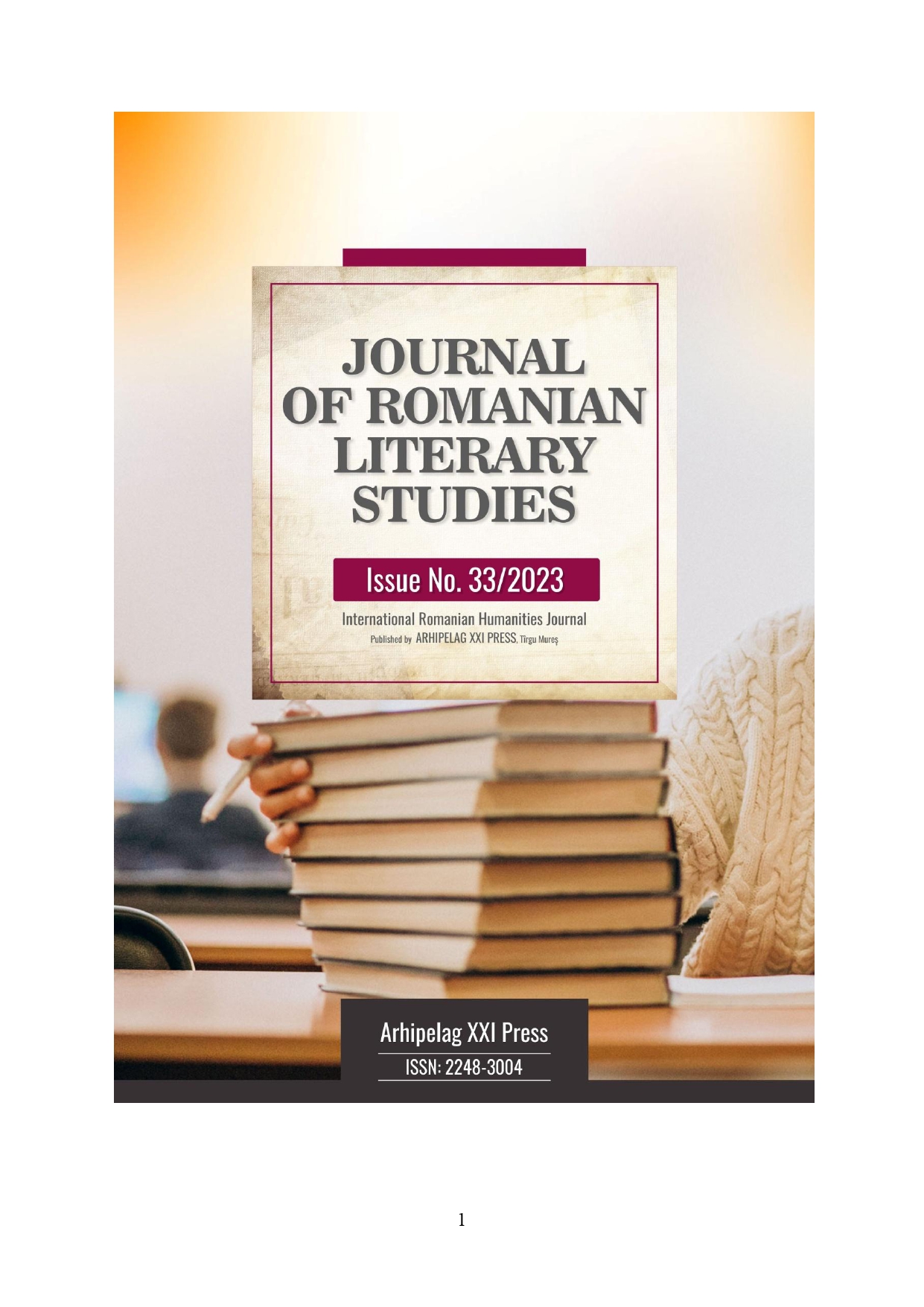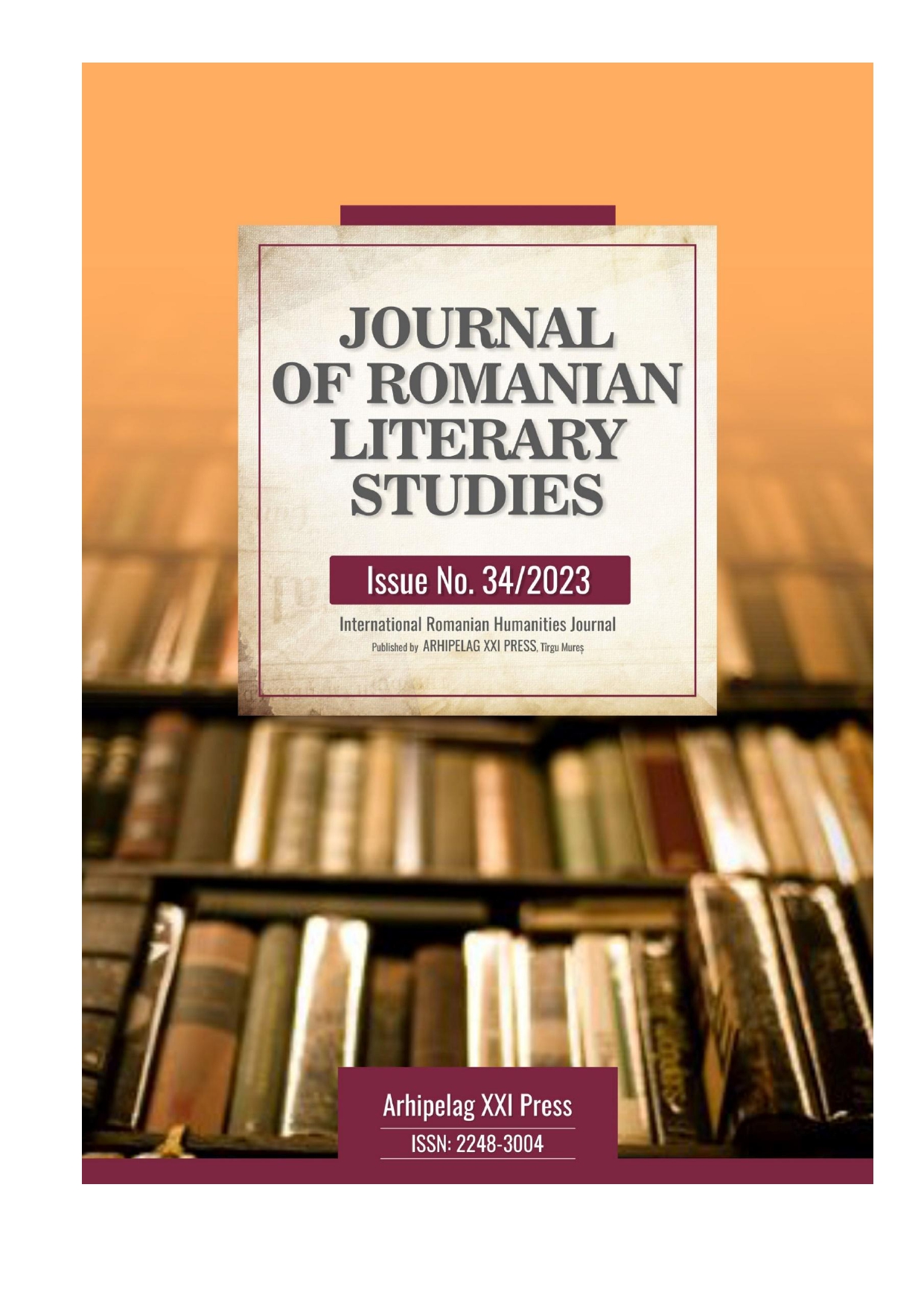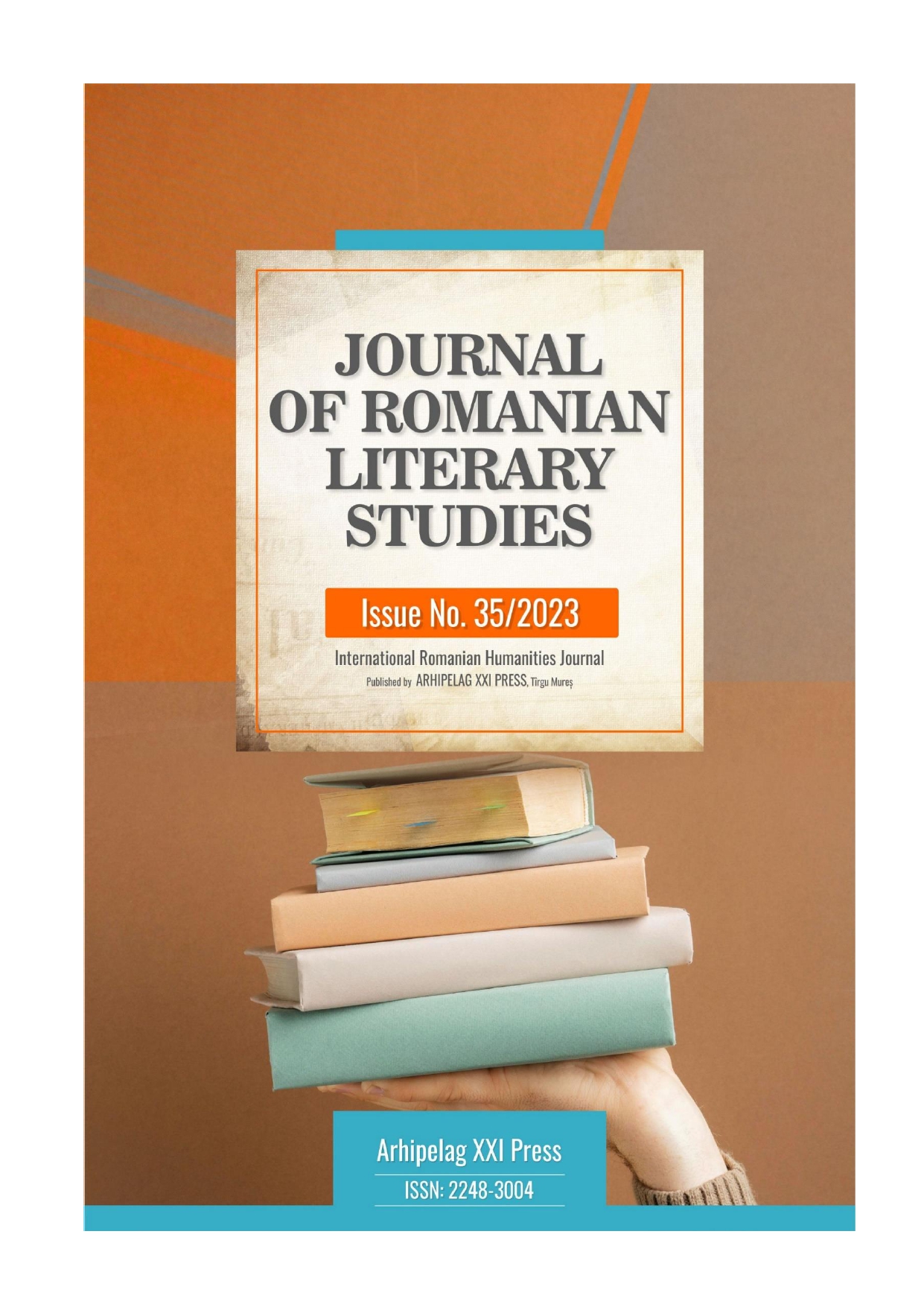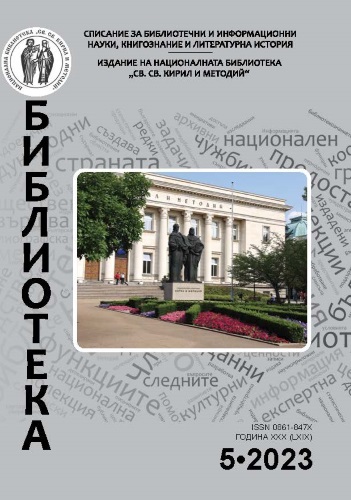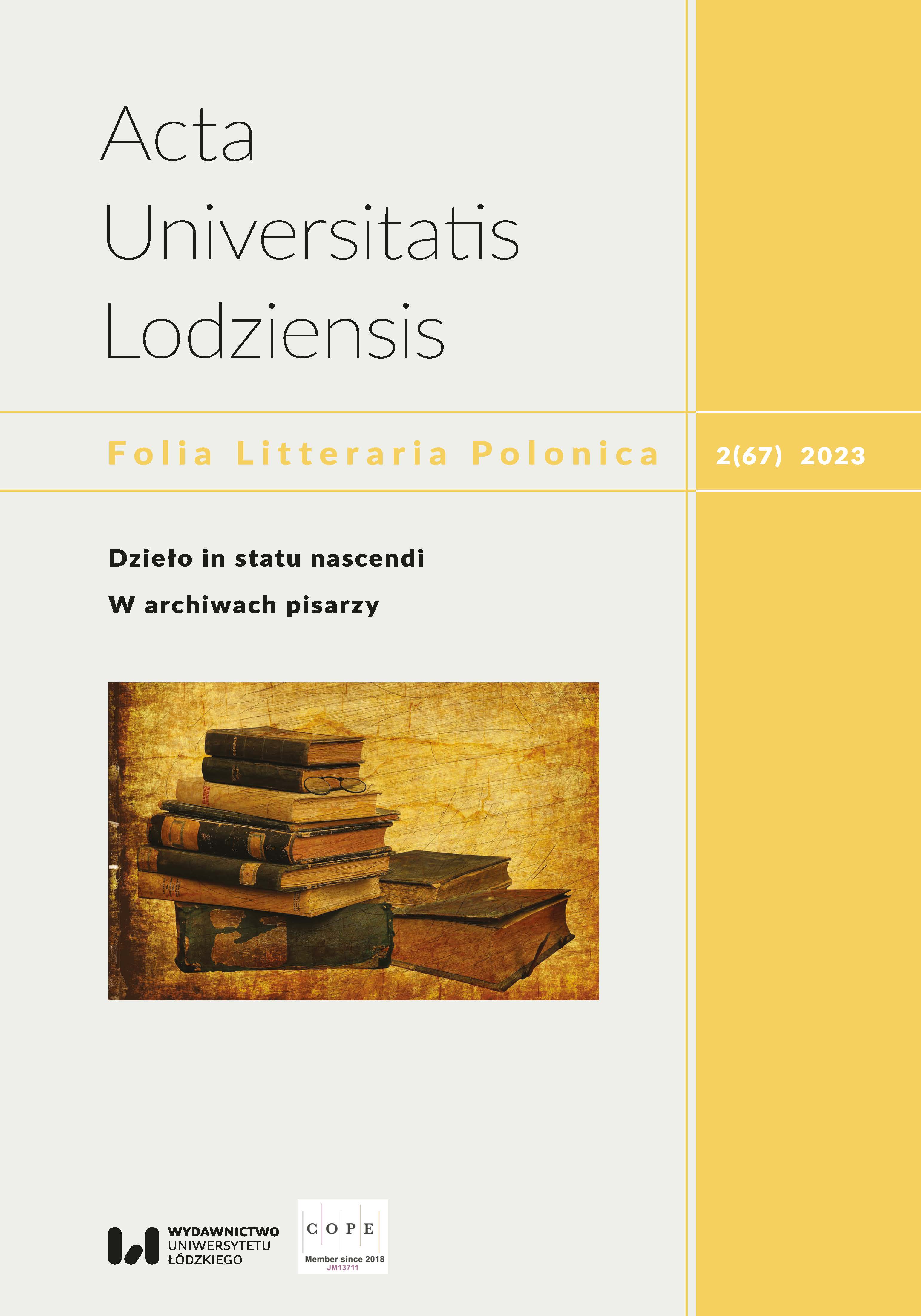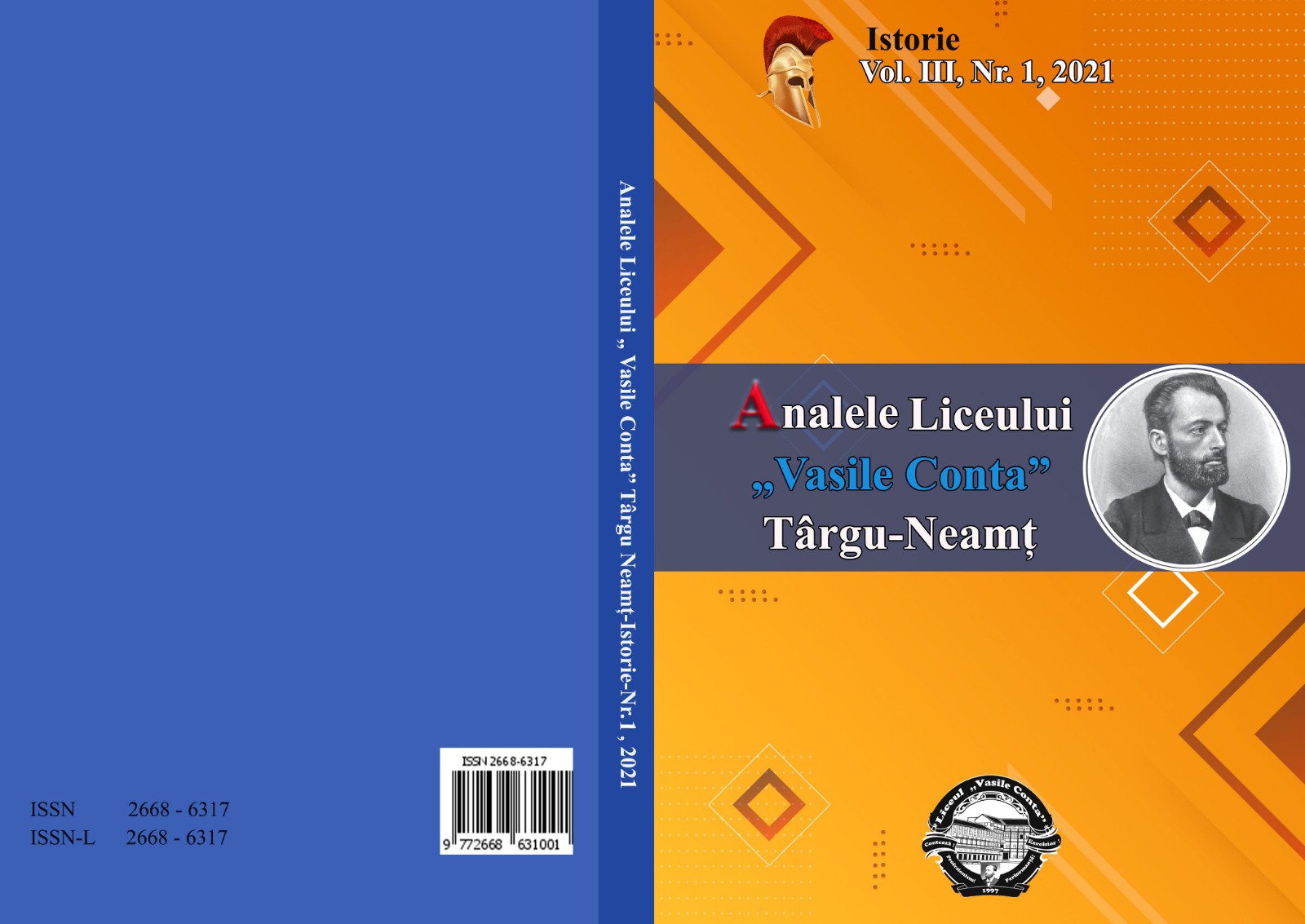
IONA DE MARIN SORESCU. PARABOLA UNEI LUMI
During the post-war period, Romanian literature passes, without its will, through a series of mutations that makes the writer adapt his books to the new rules of the game, the ones imposed by the communist regime. Facing censorship, the literary communication has to take other forms: escaping the present, avoiding the literary themes confiscated by the communist propaganda, practicing an allegoric discourse. In the play «Iona», Marin Sorescu, an important poet and dramatist, one of the leaders of the 1960‘s generation, rewrites the myth of the biblical Iona, making his character a symbol of a conscious humanity, living the nightmare of history, forced to assume an existential regime that means: solitude, lack of communication, insular living. But the greatest threat seems to be the cancelling of his individuality. Yet Iona manages to avoid his dissolution; his solution for this is refusing to live his life tragically. In this manner, Marin Sorescu‘s play is representative for the destiny of an entire type of literature written in this period.
More...
